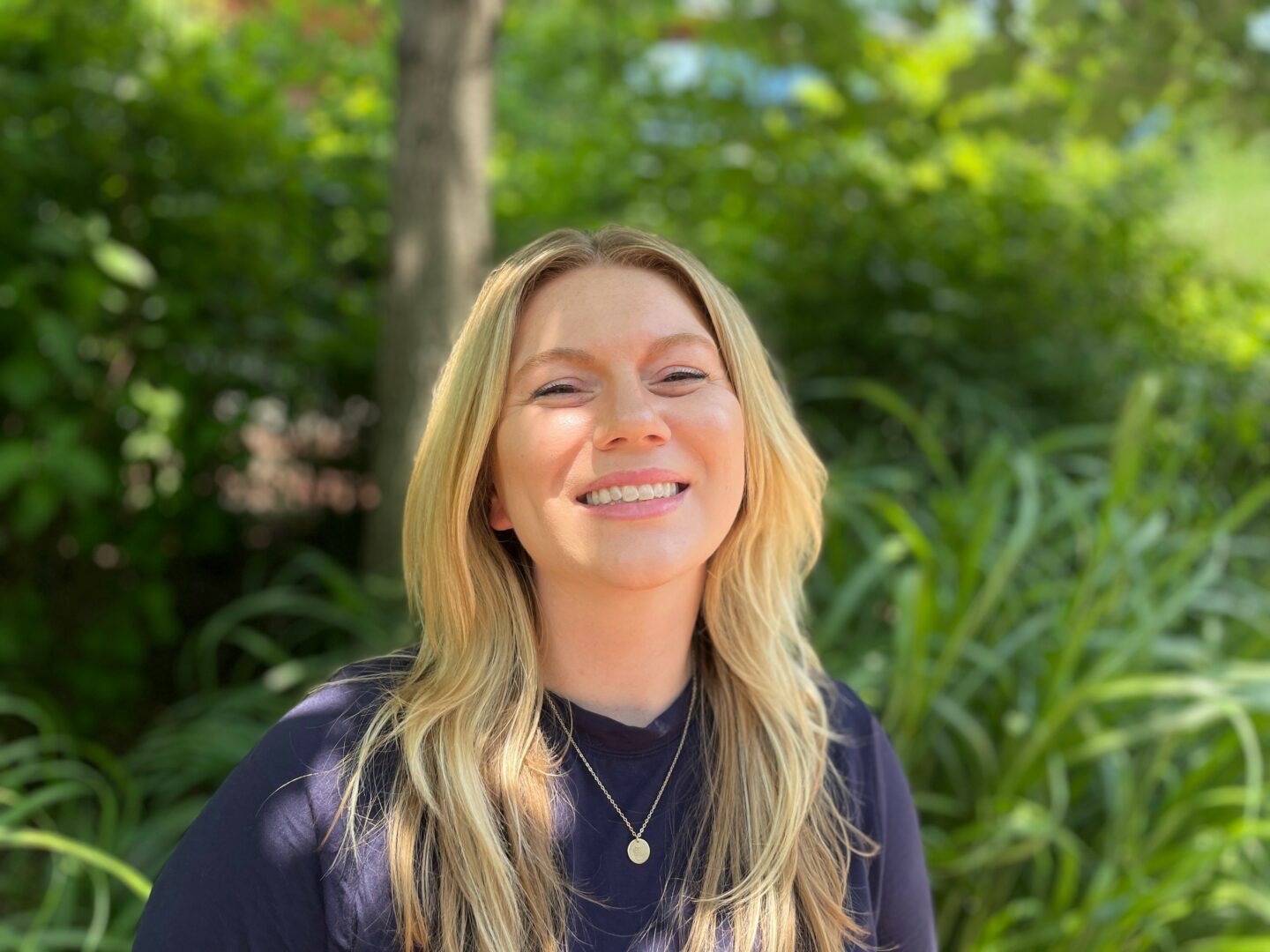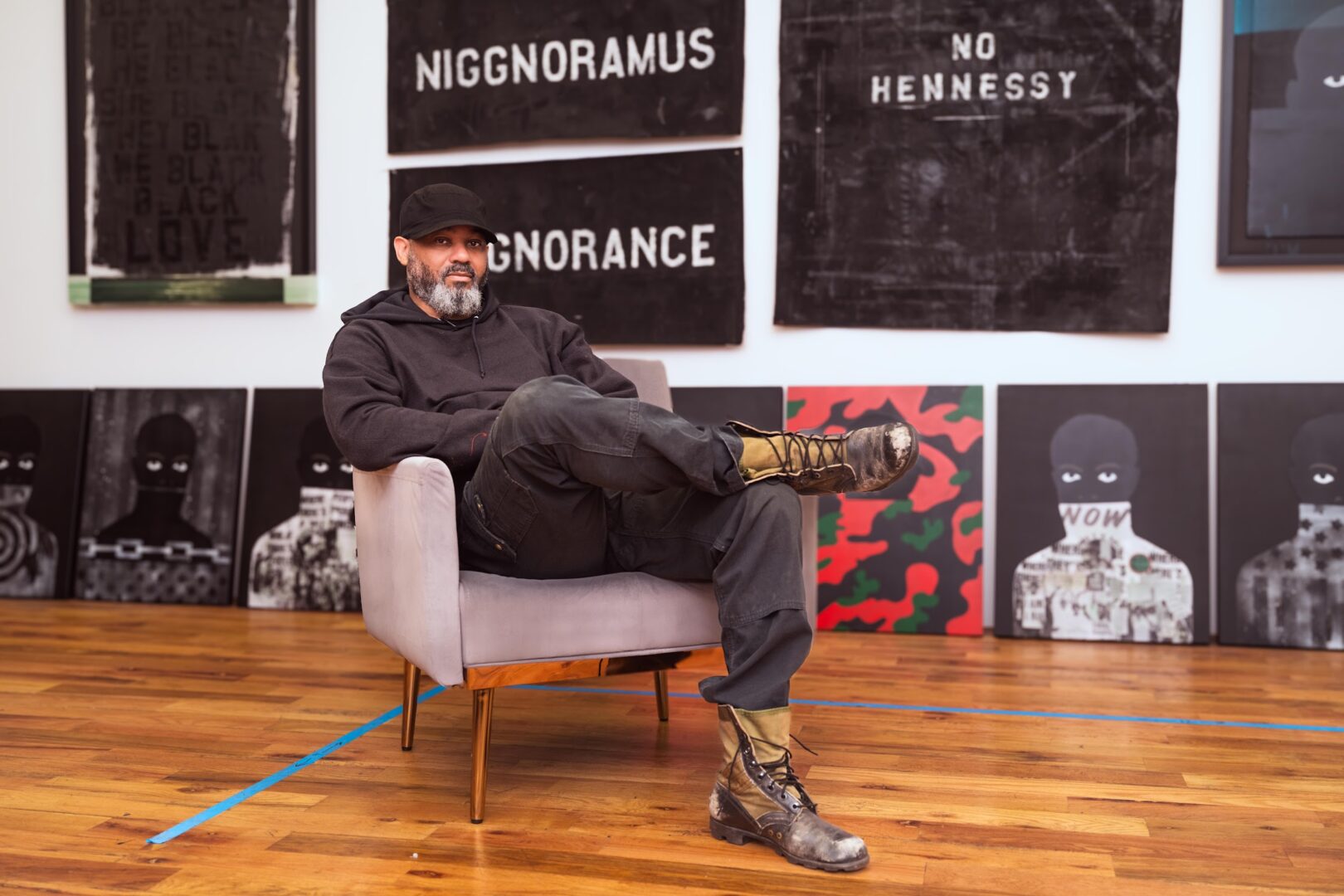Brittany Webb shared their story and experiences with us recently and you can find our conversation below.
Good morning Brittany, we’re so happy to have you here with us and we’d love to explore your story and how you think about life and legacy and so much more. So let’s start with a question we often ask: What do you think others are secretly struggling with—but never say?
Great question! Too often we all have a struggle we face that is hard to disclose to even our closest friends and family. What happens is that we distract ourselves (social media, being busy, focus on others), and it just gets worse. Mental health has received such a bad rap that really it is like any other health we experience. It is important to take care of ourselves and not push the anxiety, grief, depression, and trauma out of the way. You know what happens when we continue to do that? It gets worse. It doesn’t magically disappear. It is like when we were kids and we sprained our ankle. We can’t ignore it or continue to run around and play. We have to address it and take care of it to feel better again. Same goes for our mental health. If you couldn’t tell, I am a strong advocate for therapy and for therapy at any point in life, not always during the terrible times, but just to have someone there to work through things vs. leaning into those distractions that do not address the issue.
Can you briefly introduce yourself and share what makes you or your brand unique?
I’m Brittany Webb. I am a licensed professional counselor, aka a licensed mental health therapist. I am also the founder of a private group practice called Better Minds Counseling & Services. I really started this practice to create a safe, supportive, and collaborative environment for therapists to land. I had discovered in my own roles prior to starting the practice that some environments were not conducive to supporting therapists in a way that I felt that needed. When therapists aren’t supported, they don’t provide quality services and you see a high turnover rate (I feel this is true in any business really). I have focused on not just providing this environment, but also building a team that is cohesive as having that support from peers is also important.
Better Minds has really grown beyond just providing individual therapy, we offer specializes therapy in multiple states on the East Coast and focus on ADHD, anxiety disorders, chronic pain and illness, depression, narcissistic abuse, OCD, and trauma (especially sexual violence survivors). All of our specialized areas also have group therapy offerings. Another thing I pride myself in at the practice is having no wait list. I have seen this even for myself with waiting for responses from therapists and being told it’ll be 3, 6, 12 months until a therapy appointment is available. I find that unacceptable. While you may not be in crisis, you are motivated now to see a therapist and we respond to all inquires in less than 3 business hours and offer same week appointments to get started.
Amazing, so let’s take a moment to go back in time. What relationship most shaped how you see yourself?
I used to believe that my role in relationships was to always be the helper, the strong one who never needed anything in return. I worried that if I let others support me, I’d become a burden. I told myself it would be selfish to ask a friend for help. But over time, I realized how much that belief was affecting my connections. Some friends felt the relationship was one-sided, and others took advantage of how much I was willing to give.
I started paying closer attention to what relationships actually felt like: Do I feel safe with this person? Can I trust them? Can we laugh together? And if the answer was no, I’ve learned that it doesn’t mean I failed, it just means the connection isn’t the right fit. I don’t have to earn someone’s approval for a relationship to be valid.
Two relationships, in particular, have shaped how I see myself today: the one with my first therapist, who challenged those deeply held beliefs, and the one with myself. I learned that I owe it to myself to continue doing that work outside of therapy to create a life and relationships where I feel supported, valued, and authentic.
I’m grateful for the many people who now cheer me on and help me stay aligned with that version of myself. I truly wouldn’t be where I am without them, and without honoring my own growth along the way.
If you could say one kind thing to your younger self, what would it be?
I would tell her: “It’s okay to let people go.” You don’t need everyone to approve of you, your own approval is enough.
For a long time, I believed I had to adjust myself to make others happy. I was so aware of how my actions impacted people, and I learned early on that if I didn’t do what someone wanted, I might lose them. So I tried to fit into every relationship, even when it left me feeling hurt or frustrated.
Now I understand that those feelings were signals. They are signs that I was trying to force something that wasn’t right for me. Letting go isn’t a failure. It creates space for relationships that are mutual, supportive, and kind.
I would remind my younger self that when she releases what isn’t helping her grow, she makes room for the people who will truly value her… just as she is.
I think our readers would appreciate hearing more about your values and what you think matters in life and career, etc. So our next question is along those lines. What are the biggest lies your industry tells itself?
One of the biggest lies the mental health field tells itself is that therapists must constantly give, no matter the cost. We repeat phrases like “don’t pour from an empty cup,” yet the system often expects us to do exactly that, to overextend, to sacrifice our boundaries, and to prioritize productivity over our own mental health.
This mindset leads to burnout at alarming rates. Therapists either leave the field entirely or stay while feeling depleted, which inevitably affects the quality of care clients receive. The truth is: we can’t help people heal if we’re barely holding ourselves together.
Another lie is that vulnerability or rest somehow makes us less capable. In reality, humanity is our greatest tool. When therapists are supported, well-rested, and emotionally nourished, therapy becomes safer, more effective, and more sustainable, for everyone involved.
We need to stop pretending that self-neglect and “hustle culture” is professionalism. Taking care of ourselves isn’t selfish; it’s essential to providing the kind of care our clients deserve.
Okay, so before we go, let’s tackle one more area. Have you ever gotten what you wanted, and found it did not satisfy you?
Absolutely! Before starting my own practice, I climbed the career ladder quickly, from middle management to becoming a CEO by age 30, and even teaching as an adjunct professor at age 25. I thought that the more prestigious the title, the more accomplished and fulfilled I would feel. I was chasing the next milestone constantly, convinced that success meant doing it all.
But once I reached those roles, I realized I wasn’t actually satisfied. I never paused to appreciate what I had achieved; I was too busy moving the goalpost. No accomplishment ever felt like enough, and I kept raising the bar without giving myself space to enjoy the life I was building.
I’ve done a lot of work since then to redefine what success means to me. And yes, I still sometimes take on too much, but now I approach opportunities with intention. I focus less on collecting achievements and more on choosing what truly aligns with the life I want to live.
Contact Info:
- Website: https://www.bettermindscounseling-services.com
- Instagram: https://www.instagram.com/bettermindscounseling
- Linkedin: https://www.linkedin.com/in/webbbrittany/
- Facebook: https://www.facebook.com/profile.php?id=100086942240830
- Youtube: https://www.youtube.com/@bettermindscounseling
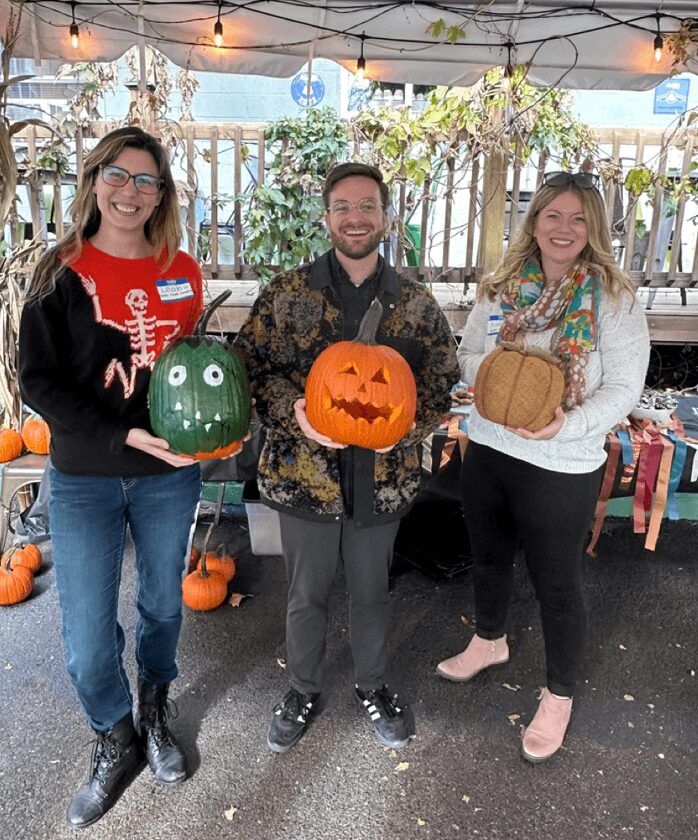
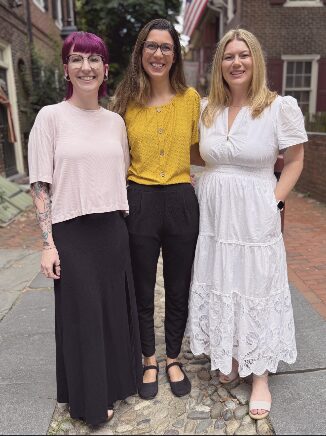
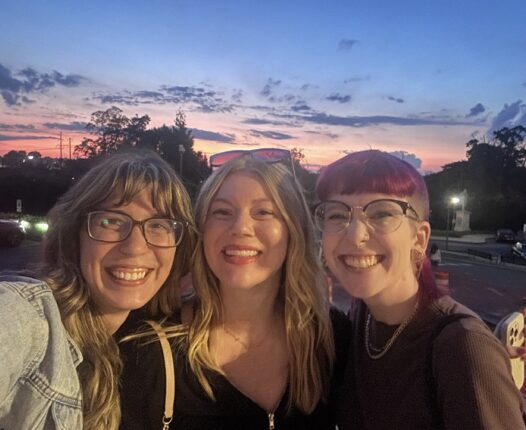
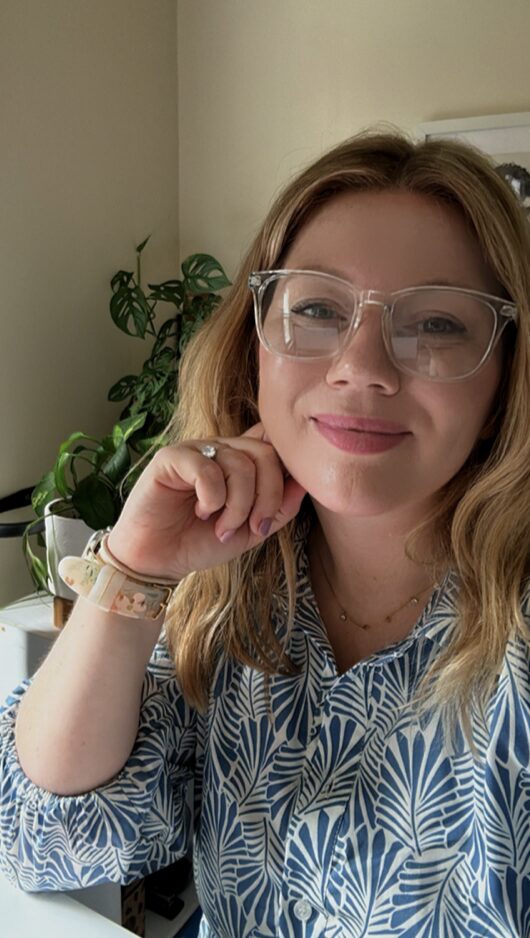
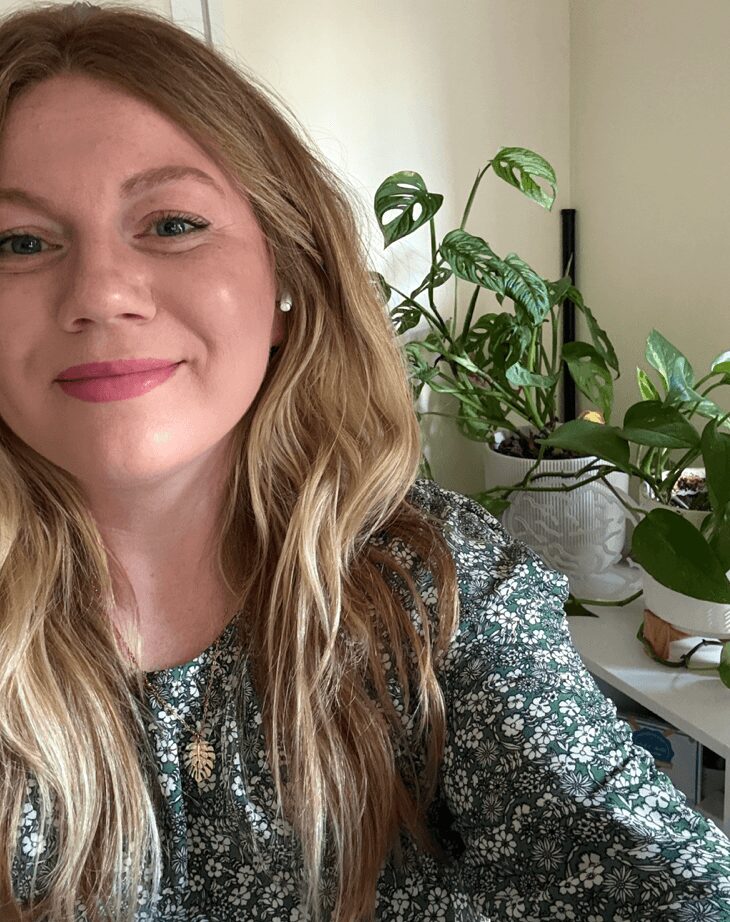
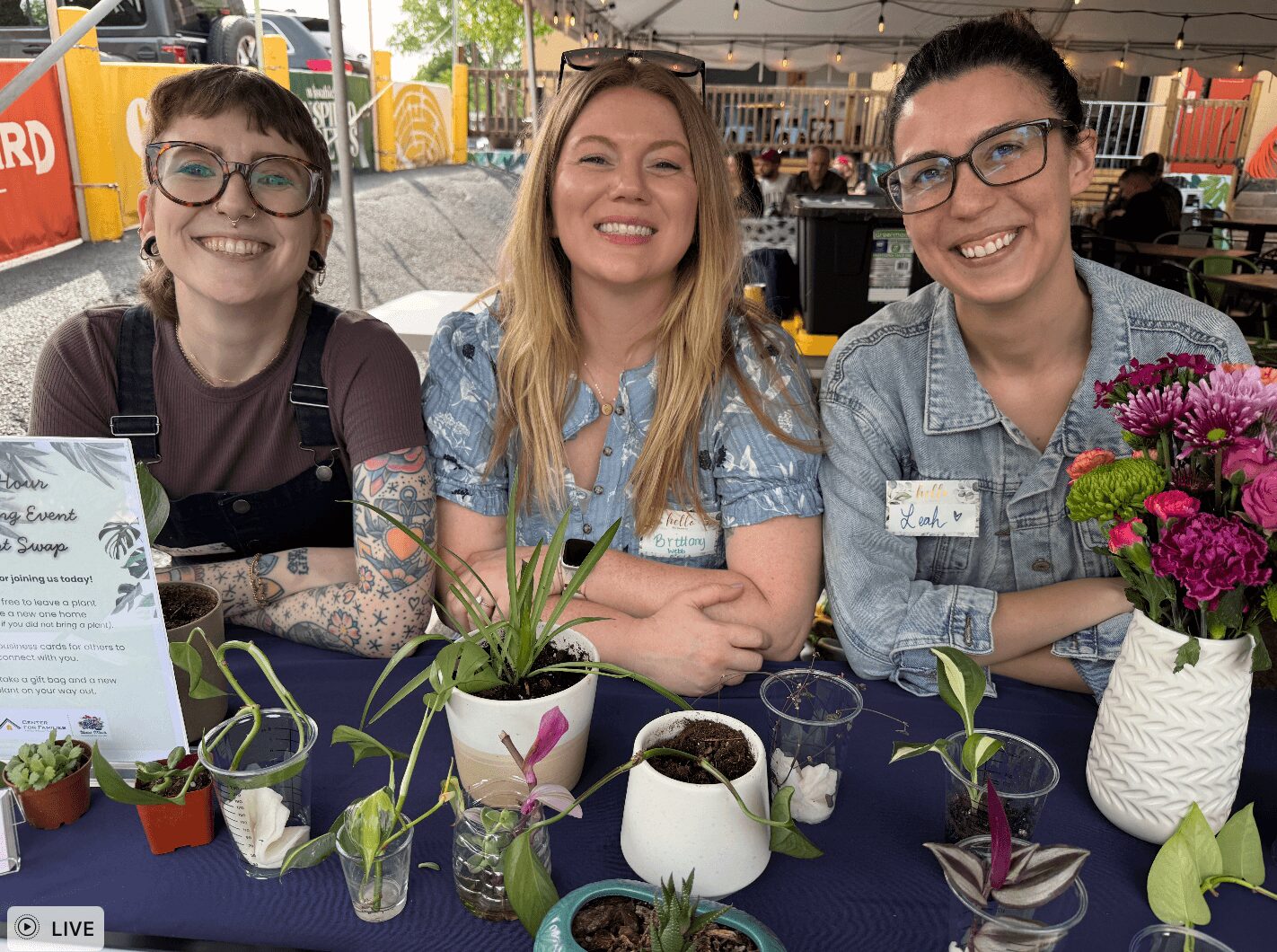
so if you or someone you know deserves recognition please let us know here.

